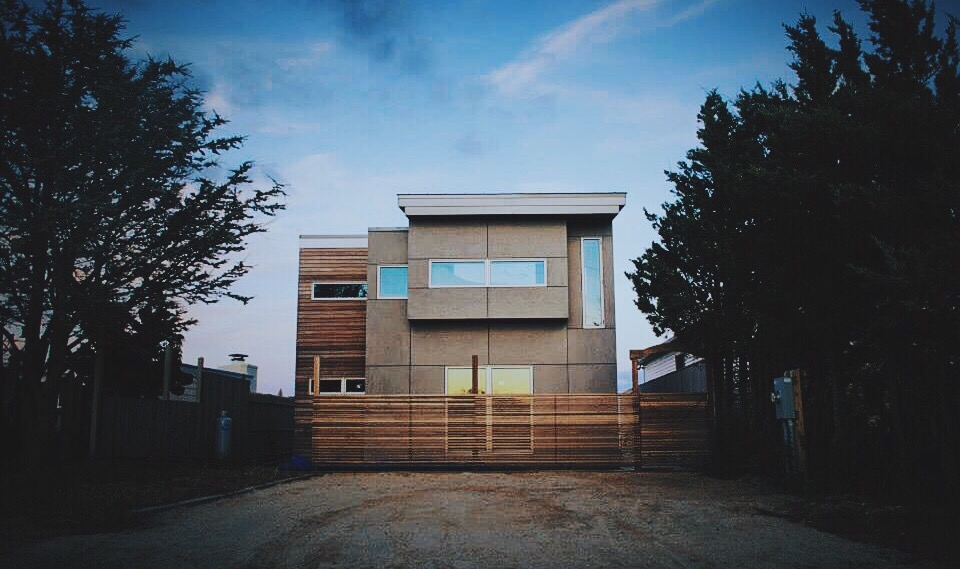A cursory glance of Camden, NJ reveals a broken wasteland. Broken down townhouses, abandoned factories, “fields” of abandoned land that has been destroyed by pollution… It seems like a shell of a city.
It takes a careful observer—or a permanent resident—to see the hope that the city contains.
One of the most violent, impoverished cities in the United States, many Camden residents suffer from a host of health problems—some of which stem from malnutrition.
But in the past five years, Camden residents and nonprofits have begun to transform the city through urban gardening at a pace that outstrips most U.S. cities. Professional horticulturalists work with businesses and residents in the area to transform trash, like old tires, into structural supports for “skyscraper gardens”—to increase the amount of topsoil that the small plots of land are able to hold.
Nonprofits employ local teens to help with the gardening, giving them a steady income, a source of healthy food, and a sense of confidence and discipline from the work and their mentors.
And the local government is getting involved, too, in a very positive way. One study found that “the City Public Works Department’s Adopt-a-Lot program and the Camden City Garden Club are two of the relatively few public and citywide nonprofit organizations that people seem to agree work well and consistently improve people’s quality of life.”
Urban farming is becoming popular in many cities across the U.S., and it’s an encouraging trend. It allows residents to eat fresh, locally grown produce, invest in and restore their communities, and improve their health by working outside.
It’s encouraging, but it’s still not enough to properly feed every malnourished individual in the United States.
Americans—myself included—ought to be conscientious about the food choices they make. I am certainly guilty of wasting food, buying things I don’t need at the grocery store, or ordering a latte more often than I should. What if, instead, I treated food as a limited resource and budgeted part of my grocery money to donate to a local nonprofit that was effective at providing food to the malnourished in my neighborhood? What if I helped my church or local nonprofit organize a community dinner with fresh, heathy meals?
Finally, we have to talk about the market. It’s encouraging to see local farmers markets popping up along roadsides, even when the grocery store is miles away. Mass-produced food and large-scale farming is still an important part of the United States economy, but small farms with a focus on the highest-quality products and environmental sustainability are growing as well.
And the options we have at the grocery store are growing also. I can walk away with a week’s-worth of food for myself for $10 or for $80 depending on what I buy. I can choose all-organic options, or non-organic foods, depending on what I want to spend. Often, I choose the least-expensive products, but I’m glad that others have the opportunity to prioritize the all-natural options if they would like. I’m signaling to the market that I need cost-effective food while they’re signaling that they want healthier, more natural options. Together, we’re slowly helping to make significant progress in both areas.
The foods on the market allow us to set our priorities and buy accordingly. We still are not be able to feed everyone adequately, and are not always able to farm in the most natural and sustainable manners. But through the options that the market provides, we are making steady progress in both areas.
Hunger, unfortunately, is not a problem we can solve overnight. It’s sensitive because it involves human need and an environmentally sensitive bent toward sustainability. Ignoring either, as I pointed out in my last post, will be devastating to everyone. We’ve come a long way and we have a lot further to go. Let’s continue to conscientiously and productively innovate to find more solutions.



